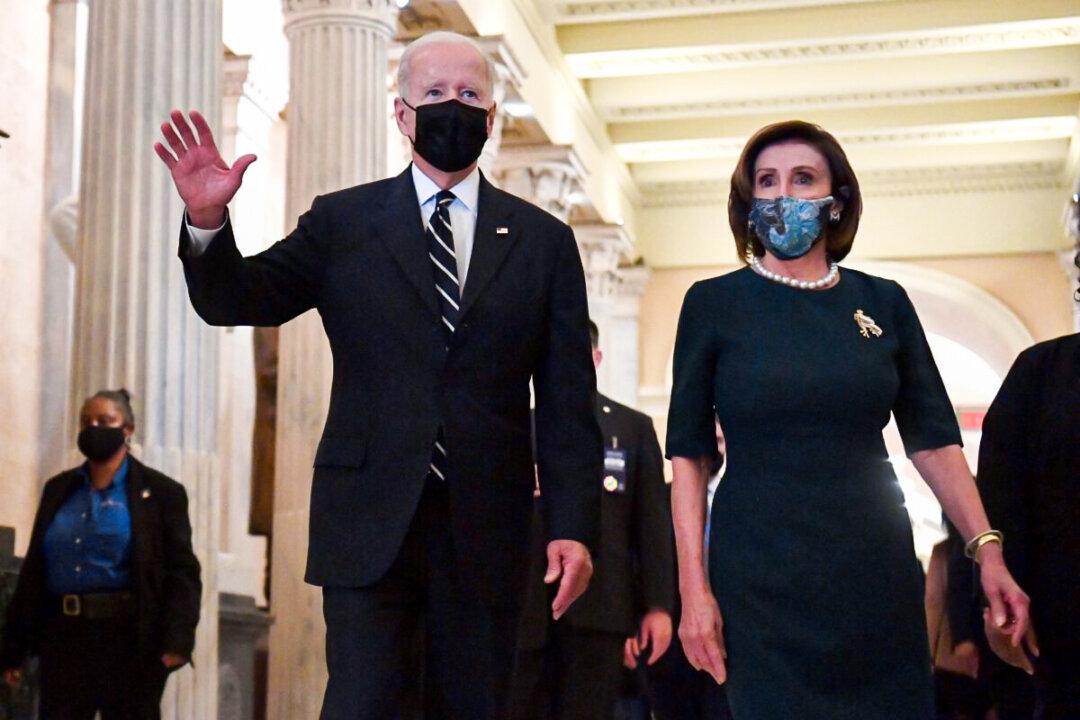In a Jan. 25 press release, Speaker of the House Nancy Pelosi (D-Calif.) unveiled the broad outlines of the America COMPETES Act, a bill designed to increase American competitiveness in STEM fields, manufacturing, and rare earth metal extraction; however, the bill would also allow for the importation of thousands of new refugees and other immigrants as America faces an unprecedented crisis at its southern border.
Several provisions in the COMPETES Act are focused on increasing the United States’ extraction of semiconductor metals and production of microchips, an area that America has allowed east Asia to dominate over the past several decades. In 1990, America produced around a third of the world’s microchips; by 2021, that number had careened to only 12 percent according to the Semiconductor Energy Association (pdf).





